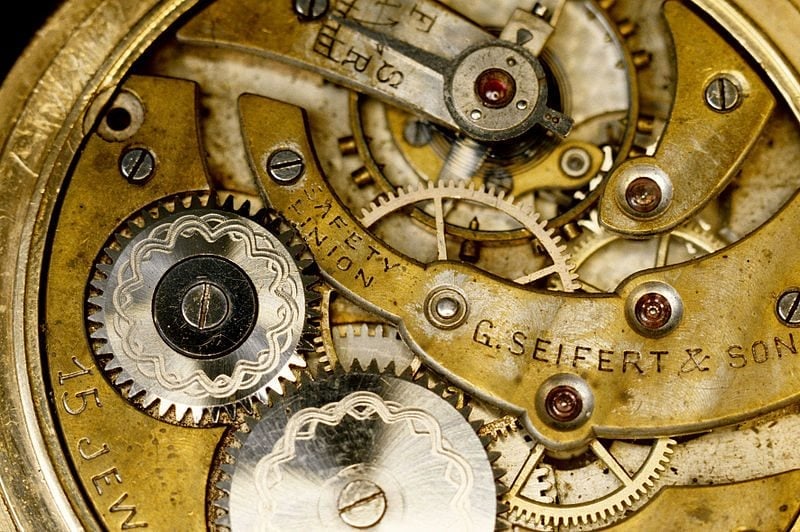Is It Permissible to Wear Watches That Have Small Amounts of Gold in Them?
Question:
Assalamu ‘alaykum.
Watches are usually made out of stainless steel, resin, or even titanium but inside the watch there are some parts made out of small amounts of gold. The gold is used as a good conductor of electricity in the circuit boards. Our computers and phones also are made like that as well.
Are they permissible to use?
Answer:
Wa ‘alaykum assalam wa rahmatullah wa barakatuh.
I pray you are well.
Indirect Usage of Instruments With Some Gold Is Permissible
In short, yes, it is permissible to use electronics and watches that have very small amounts of gold or silver in them – provided the usage does not entail direct contact with the person. So a watch with a casing or strap made of gold or silver is impermissible to wear.
As opposed to the small amount of gold used in the circuitry of phones, for example, for its conductive qualities, because there is no direct contact with it. One simply holds the outer casing of the phone which is made of metals and glass (Nahlawi, al Durar al Mubaha, Haskafi al Durr al Mukhtar, Ibn ‘Abidin, Radd al Muhtar).
Direct Usage of Gold is Impermissible
Using utensils or other instruments that are made fully of gold or silver is not permitted. This is a test for the believers in this life, and they will be rewarded with an abundance of it in the next life.
The Prophet (Allah bless him and give him peace) said, “Don’t drink from cups of gold and silver and don’t eat from their utensils, because they are for them – the disbelievers – in this life and for you in the Afterlife” (Bukhari).
May Allah grant you the best of both worlds.
[Shaykh] Abdul-Rahim
Checked and Approved by Shaykh Faraz Rabbani
Shaykh Abdul-Rahim Reasat began his studies in Arabic Grammar and Morphology in 2005. After graduating with a degree in English and History he moved to Damascus in 2007 where, for 18 months, he studied with many erudite scholars. In late 2008 he moved to Amman, Jordan, where he continued his studies for the next six years in Sacred Law (fiqh), legal theory (Usul al-fiqh), theology, hadith methodology, hadith commentary, and Logic. He was also given licenses of mastery in the science of Quranic recital and he was able to study an extensive curriculum of Quranic sciences, tafsir, Arabic grammar, and Arabic eloquence.
